Additional information
| Weight | 0,2 kg |
|---|---|
| Dimensions | 22 × 22 × 22 cm |
Sumac are tart, bright red berries that grow on the Rhus Coriaria bush.
The sumac bushes have clusters of tiny stone fruits that have been dried and grounded since the dawn of time.
The spice still dominates as a sour flavor enhancer in many places in the Middle East in areas that are not optimally suited for citrus cultivation.
The spice is widely used to add acidity in Arabic and Lebanese cooking, and in the same way as salt, it brings out the natural flavors in the food it is prepared with.
Sumac is also an ingredient in the traditional Palestinian spice Za’atar.
The spice is often used as a garnish for meze dishes such as hummus, rice, all acidic salads such as fattoush and lamb skewers.
90,00 kr.
99 in stock
| Weight | 0,2 kg |
|---|---|
| Dimensions | 22 × 22 × 22 cm |
Jayyous is a small village in the north of the occupied West Bank, in the Tulkarem district, with approximately 3,500 inhabitants. The Palestinians there are regularly subjected to terror from the Israeli forces - who almost weekly move into the village and into their homes, threaten children and adults and raze their homes. The farmers who, among other things, grow olives and cultivate the olive trees, are often denied access to their olive trees. Israeli forces lock off large parts of the areas around the small village with two large gates guarded by Israeli soldiers. The gates are often only opened for short periods, three times a day, at regulated times of the day when farmers can travel to and from their fields.
The village is thus located in an area that is directly affected by the Israeli wall, and around 75 percent of the village's agricultural land is on the other side of the wall. To get to their land, the farmers must use one of the two gates.
In 2002, Jayyous became the first village in the occupied West Bank to launch a non-violent campaign with Israeli and international participation against the construction of the wall and the expansion of settlements on the village's agricultural lands. According to ARIJ (Applied Research Institute -Jerusalem), Israel confiscated 753 dunums of land from Jayyous to build the illegal Israeli settlement of Tzofim.
We offer unique and fresh hand-made items from Palestine that leave a memorable impression. Our attention to detail and desire for excellence ensures each bite is satisfying.
© All Rights Reserved to jafra.dk
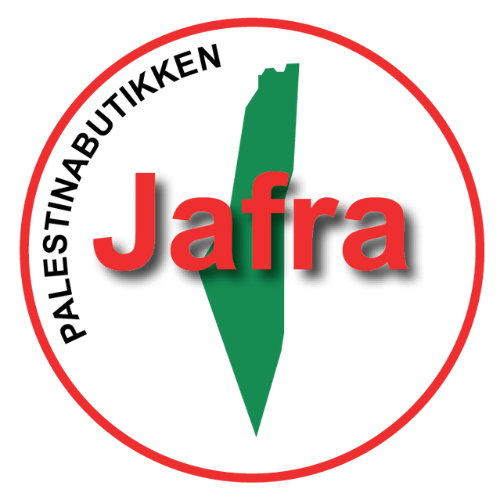
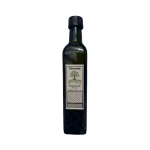
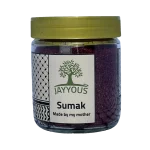
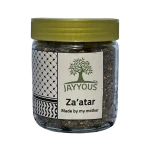
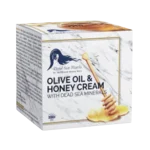
Reviews
There are no reviews yet.